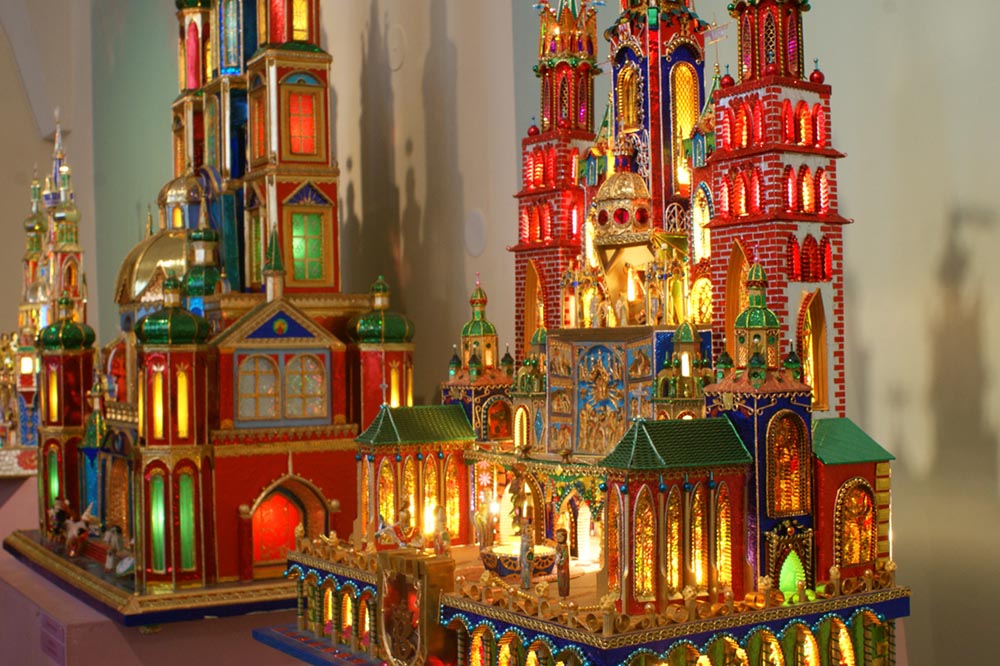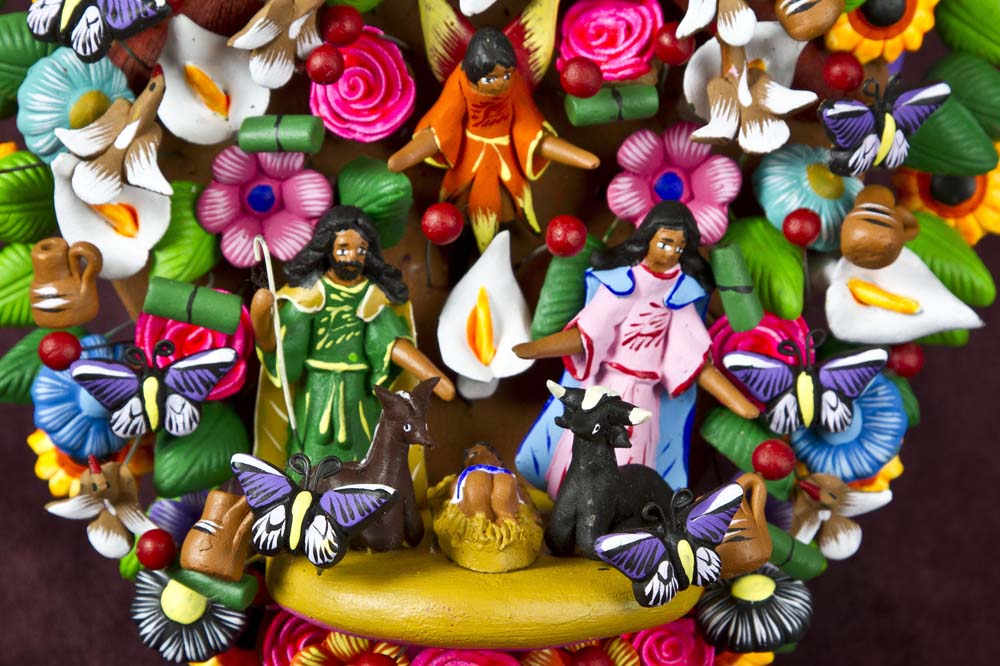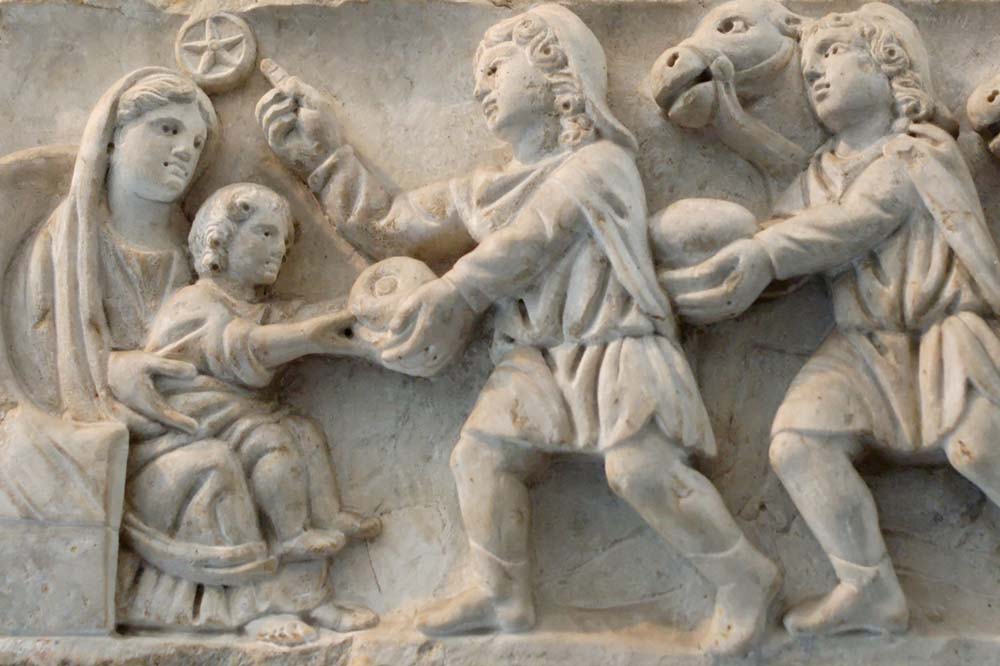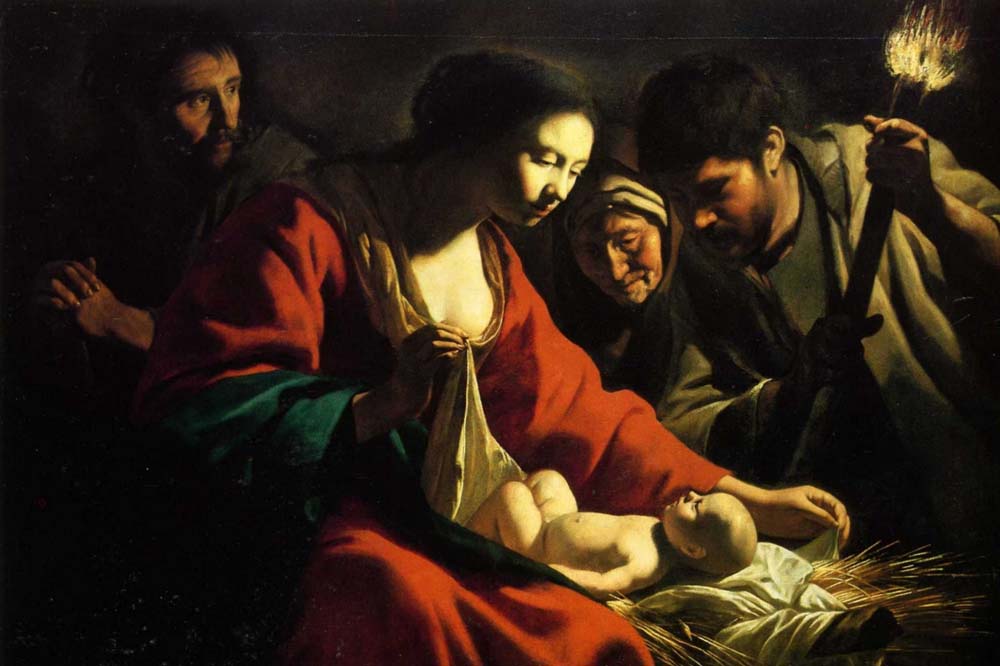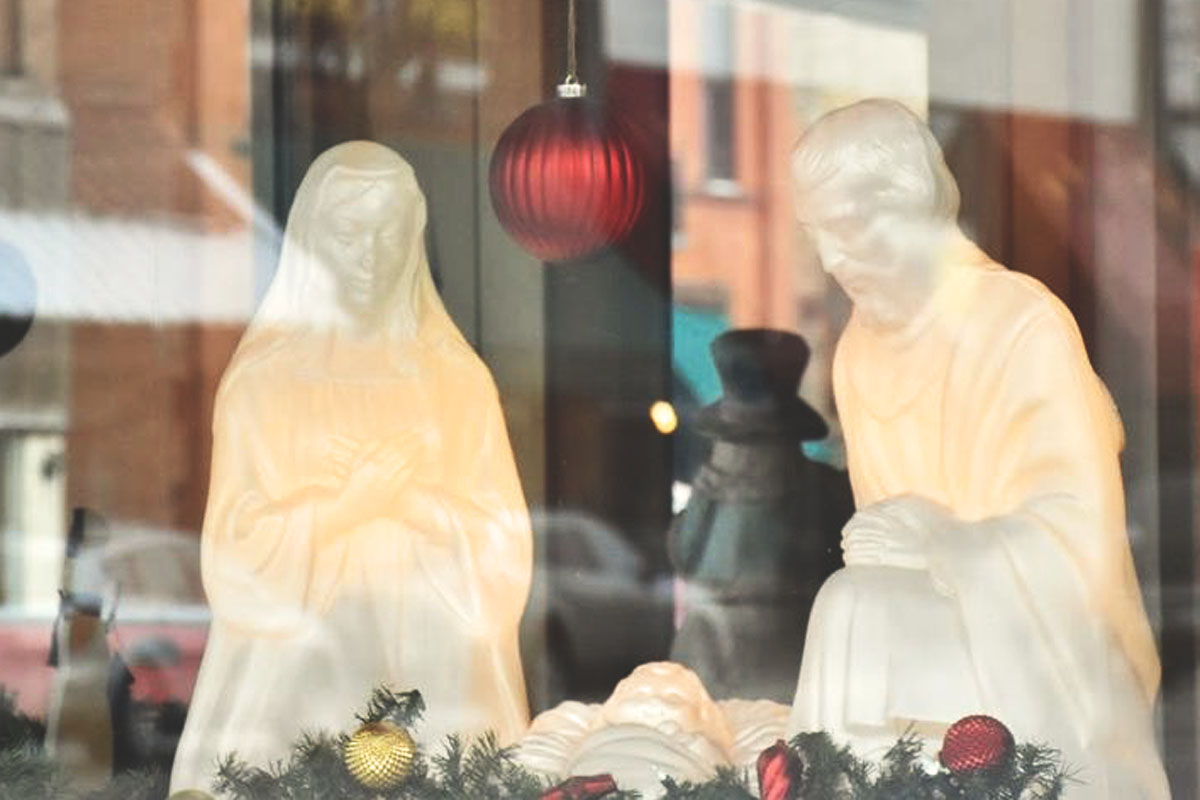The nativity scenes we know and recognize today have their roots in centuries of European traditions dating back to the 12th century. These early nativity scenes were usually made of terra cotta and were displayed year round in churches in the 1300s. Historians believe that around the year 1289, artist Arnolfo di Cambio carved one
More-
Creche Traditions in Europe: A History
-
How Nativity Scenes Reflect Local Cultures
In a moving testimony to the power of faith and to the promise of Christmas, nativity scenes are a holiday tradition all over the world. While their basic elements – the Holy Family, animals, shepherds, and the Magi – are similar, their designs and materials vary dramatically. In fact, nativity sets can even be collectible pieces
More -
The Art of the Nativity: Sculpture and Carvings
“And she gave birth to her firstborn, a son. She wrapped him in cloths and placed him in a manger, because there was no room for them in the inn.” – Luke 2:7 Since the early 4th century, artists have attempted to capture the wondrous night of Jesus’ birth. Prior to that time early Christians focused
More -
The Art of the Nativity: Paintings
It comes as no surprise that one of the world’s best-loved stories – the story of the birth of Jesus – has been the subject of many artists’ work over the centuries. One of the oldest known paintings of the Nativity is a faded fresco on the Roman catacombs of St. Sebastiano. It bears the
More -
A Small Town’s Inspiring Response to Manger Scene Legal Challenge
The manger scene displayed for more than four decades in Burlington North Park in Wadena, Minnesota, was not particularly unique. Joseph and Mary wore traditional colored robes, and baby Jesus rested in the crib. An angel watched over the scene singing praise for the birth of the Savior. The townspeople expected to see the manger
More
